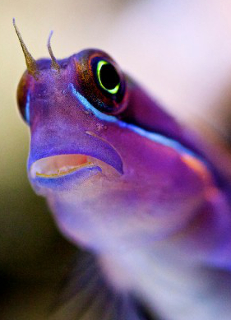Rare fish face risks
 Scientists have reported on climate change risks to Australia’s tropical fish.
Scientists have reported on climate change risks to Australia’s tropical fish.
Molecular ecology researchers have led an in-depth study of the colourful eastern rainbowfish, looking for clues about how their populations have adapted to local conditions in the creeks and rivers of the wet tropical areas of Far North Queensland.
They say the future of freshwater fish species in Australia’s tropical rainforest areas, including the Daintree and Mosman Gorge, will increasingly be subject to the vagaries of climatic and other changes.
Their study, published in the Nature journal Heredity, provides insights into what drives genetic diversity in Australian eastern rainbowfish (Melanotaenia splendida splendida) – highlighting the ways their biodiversity may be affected, and conserved, particularly with any increase in climate change rates.
The team used a combination of genetics and morphology (the study of physical shape) to investigate how different environmental factors might influence variations among wild populations of these fish.
The eastern rainbowfish, which is naturally abundant in tropical Queensland, is known for its striking variety of colours and forms, contributing to its popularity with aquarium keepers as well as scientists.
The study showed that hydrological and thermal variables were important environmental predictors of both genetic and morphological variation.
The team found that while limited connectivity among different river catchments could explain some of the genetic differences, environmental factors like water flow and temperature offered a better explanation for the patterns overall.
An interesting aspect of this variation was related to fin position, which is known to be heritable in other rainbowfish species and varies among populations living in different streamflow environments.
“These patterns suggest that populations in different parts of the Wet Tropics may have adapted to their local environments in unique ways,” said Flinders University Professor Luciano Beheregaray.
“Unfortunately, this also indicates that future changes in water flow and temperature due to climate change could have a big impact on the fitness and diversity of tropical rainforest fishes.”








 Print
Print